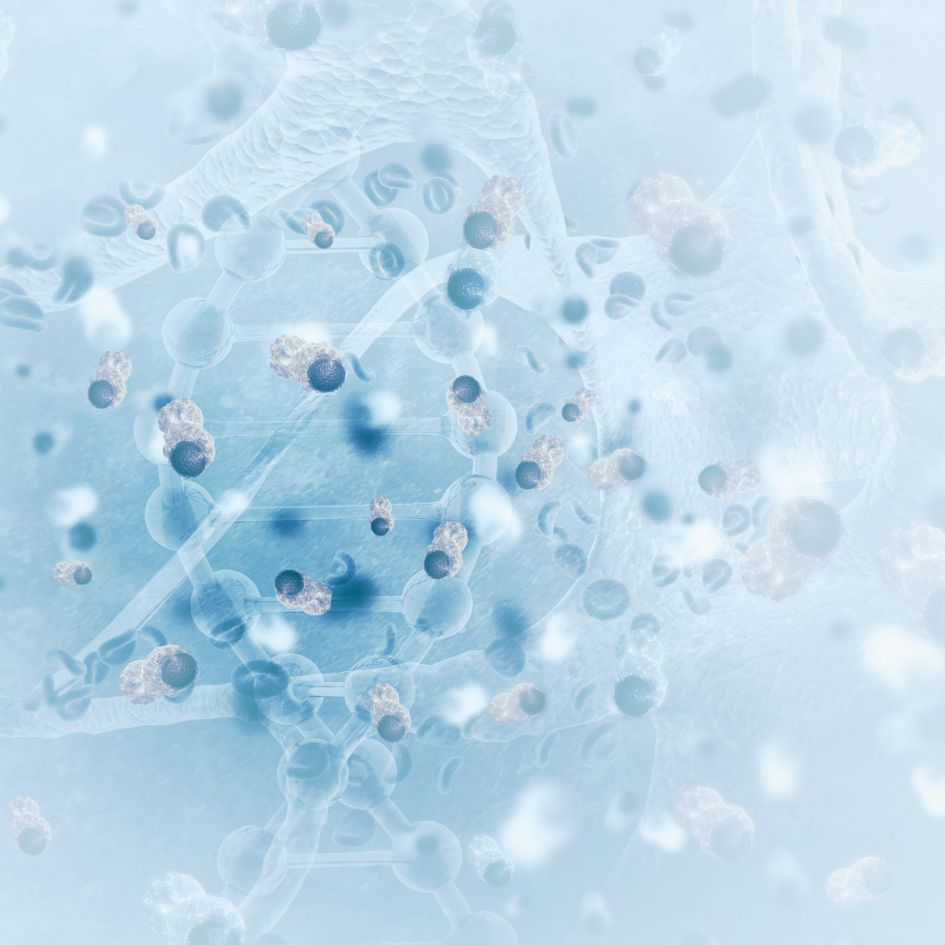
Autophagy: The fascinating process of cellular self-cleaning
In the world of biological processes, there are many fascinating mechanisms that govern life at the cellular level. One of these remarkable processes is autophagy. The term "autophagy" comes from the Greek and means "self-eating". But don't worry, this is not about cell destruction, but a highly complex mechanism that is crucial for the health and maintenance of our cells. In this blog post, we will take a closer look at autophagy and understand why it is so important for our bodies.
What is autophagy?
Autophagy is a natural, cellular process by which the cell recycles and degrades its own components. It is a sophisticated system that recognizes damaged organelles, proteins and other cellular components, isolates them and finally packages them into special vesicles called autophagosomes. These autophagosomes then fuse with lysosomes, the cell's digestive organelles, which break down the components they contain and convert them into reusable building blocks.
The role of autophagy in cell health
Autophagy plays a crucial role in maintaining cellular health and is associated with several important functions:
-
Disposal of cellular waste: Over time, harmful waste products, faulty organelles and damaged proteins build up in cells. Autophagy enables the cell to efficiently remove this "cellular waste" and replace it with fresh, functional components.
-
Energy metabolism: In times of nutrient deficiency or increased energy demand, autophagy can contribute to energy production by breaking down cell components and using the resulting building blocks as an energy source.
-
Immune defense: Autophagy also plays a role in the defense against pathogens. For example, it can isolate and destroy harmful bacteria or viruses that have penetrated the cell.
-
Cell aging and regeneration: Autophagy is also associated with cell regeneration and rejuvenation. It helps slow down the aging process and keep cells healthy and functional.
The importance of autophagy for health and aging
A well-functioning autophagy system is crucial for overall health and plays an important role in preventing age-related diseases. Research has shown that a disrupted autophagy process can be linked to various diseases such as cancer, neurodegenerative diseases and metabolic disorders. Therefore, research into autophagy as a potential therapeutic strategy is gaining momentum.
Promoting autophagy
There are several ways to support autophagy in our body:
-
Diet: Foods rich in spermidine, as well as green tea, turmeric and resveratrol-rich foods (e.g. red grapes), are associated with autophagy-inducing properties.
-
Fasting: Periodic fasting or intermittent fasting can stimulate autophagy because during times of nutrient deprivation the cell is increasingly dependent on the breakdown and recycling of components.
-
Sport and exercise: Regular physical activity has also been linked to increased autophagy.
Conclusion
Autophagy is a fascinating and important process that plays a crucial role in cellular health and overall well-being. It is amazing to see how our cells are able to clean and regenerate themselves. By living a healthy lifestyle, eating a balanced diet and exercising regularly, we can support autophagy and thereby promote our health and vitality. Research on autophagy is still in its early stages, but it holds great promise for the prevention and treatment of age-related diseases in the future. Let's continue to explore the beauty and complexity of this cellular mechanism and understand how we can use it to our advantage.




Leave a comment
This site is protected by hCaptcha and the hCaptcha Privacy Policy and Terms of Service apply.